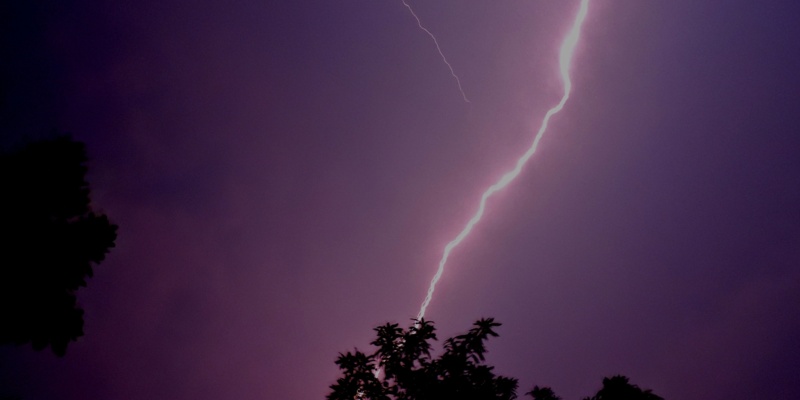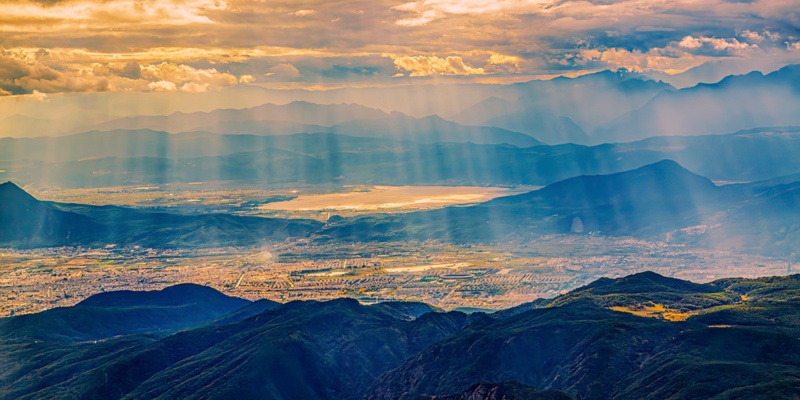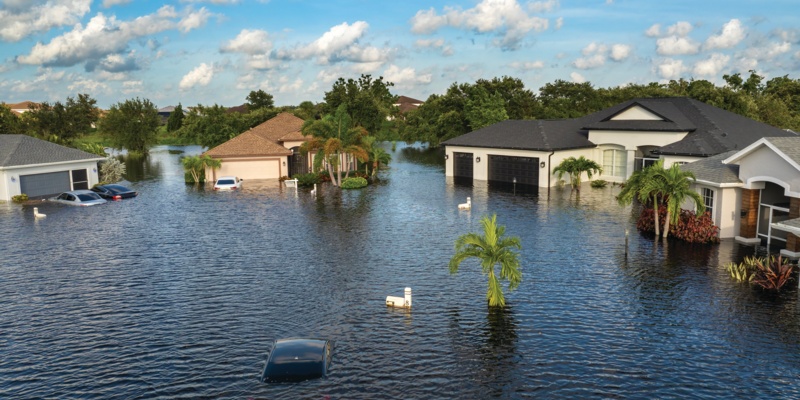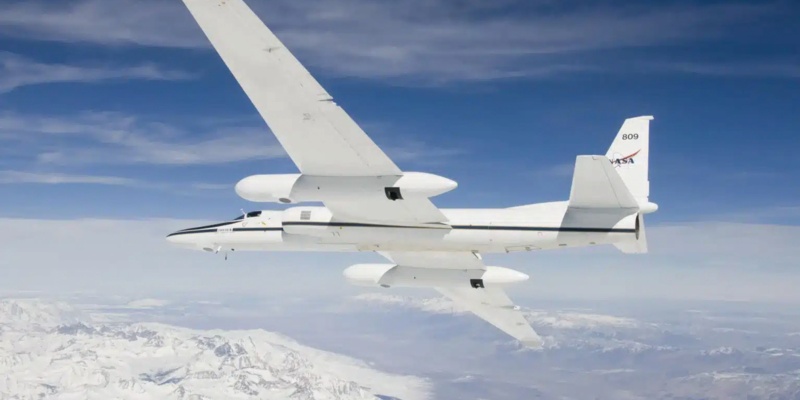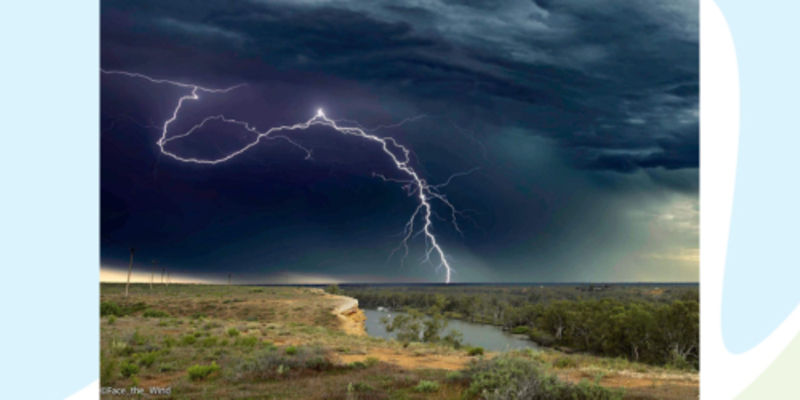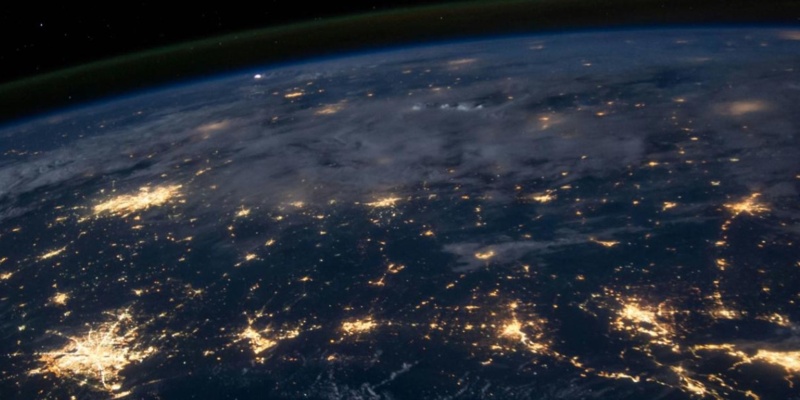Welcome to the Weather Band
Sharing the science that shapes our world.
The Weather Band is an initiative of the American Meteorological Society. Free and open to all, the Weather Band provides a wide collection of fun, expert-created content on topics ranging from climate science to space weather, including virtual events, articles, and more.
Subscribe to NewsletterFeatured
Sunrise and sunset
Lijiang Bo | Solo | Feb 12, 2025
The Long-Term Toll of Hurricanes
AMS Staff | News Item | Feb 14, 2025
Flashy Clouds
AMS Staff | News Item | Feb 12, 2025
Weather Band Spotlight
Kevin Kloesel
Kevin is responsible for providing weather forecast and weather safety information to University
of Oklahoma stakeholders and direct forecast and weather decision making for hundreds of
events annually on the OU Campus.
More
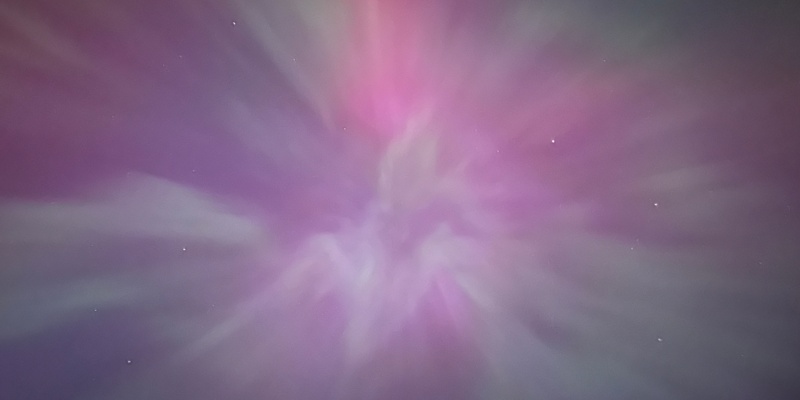
Mysterious Auroras: The Complicated Awe-Inspiring Northern Lights
Lourdes B. Avilés, Ph.D. | News Item | Jan 7, 2025
Seeing the aurora borealis has been a lifelong dream. Growing up in the tropics, it felt like an adventurous fantasy - a journey to a faraway, freezing destination where long winter nights made the lights possible. Now, living in the mid-latitudes, I'm closer to the possibility, though sightings
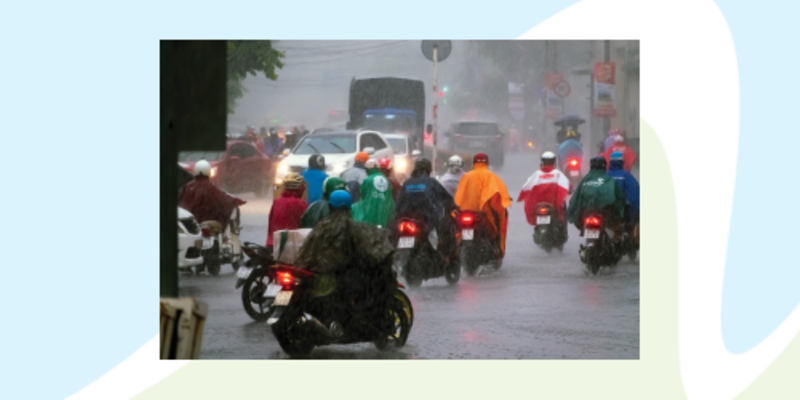
Here Comes the Urban Rain Again
AMS Staff | News Item | Dec 23, 2024
Researchers studied satellite rainfall data for 1,056 cities across the globe for the years 2001–20, and found that 63% exhibited an “urban wet island” effect, meaning they received more annual precipitation in and downwind of their urban areas compared to bordering rural areas.

The U.S. Just Experienced Its Warmest Meteorological Fall on Record
Amber Liggett | News Item | Dec 12, 2024
As temperatures stay warmer later into fall, shorts and t-shirts are becoming a common sight deeper into the season. While fall isn’t disappearing, the warming trend is expected to continue across all seasons in the years ahead.

Clear Skies Ahead: Brandon Katz
AMS Staff | News Item | Nov 11, 2024
Brandon Katz, executive vice president, strategy, at KatRisk in Austin, Texas, on one experience that sparked the passion for his career. For more, listen to the Clear Skies Ahead podcast at https://blubrry.com/clear_skies_ahead/, with new episodes released every month.
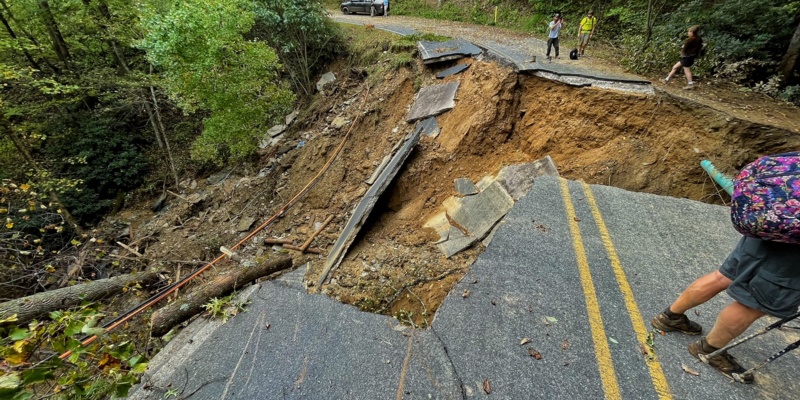
Our Evacuation from the Mountains of North Carolina after Hurricane Helene
Rod Scott | Solo | Nov 8, 2024
After Hurricane Helene hit North Carolina, Rod Scott and five others were stranded at a remote B&B in the Pisgah National Forest, cut off by landslides and power outages. After five days, they hiked 2.5 miles through deep mud and fallen trees to reach safety.
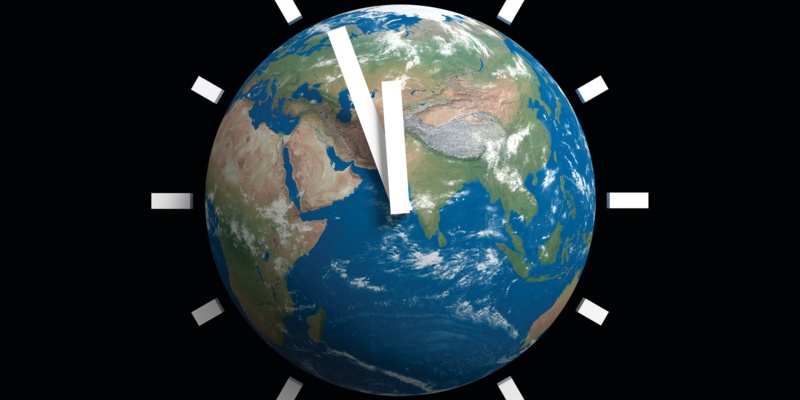
Coming Back for (Milli)seconds
AMS Staff | News Item | Nov 3, 2024
1.33 milliseconds per century—The amount of time since 2000 that days are getting longer because of rapidly melting ice at Earth’s poles, according to research recently published in the Proceedings of the National Academy of Sciences.
